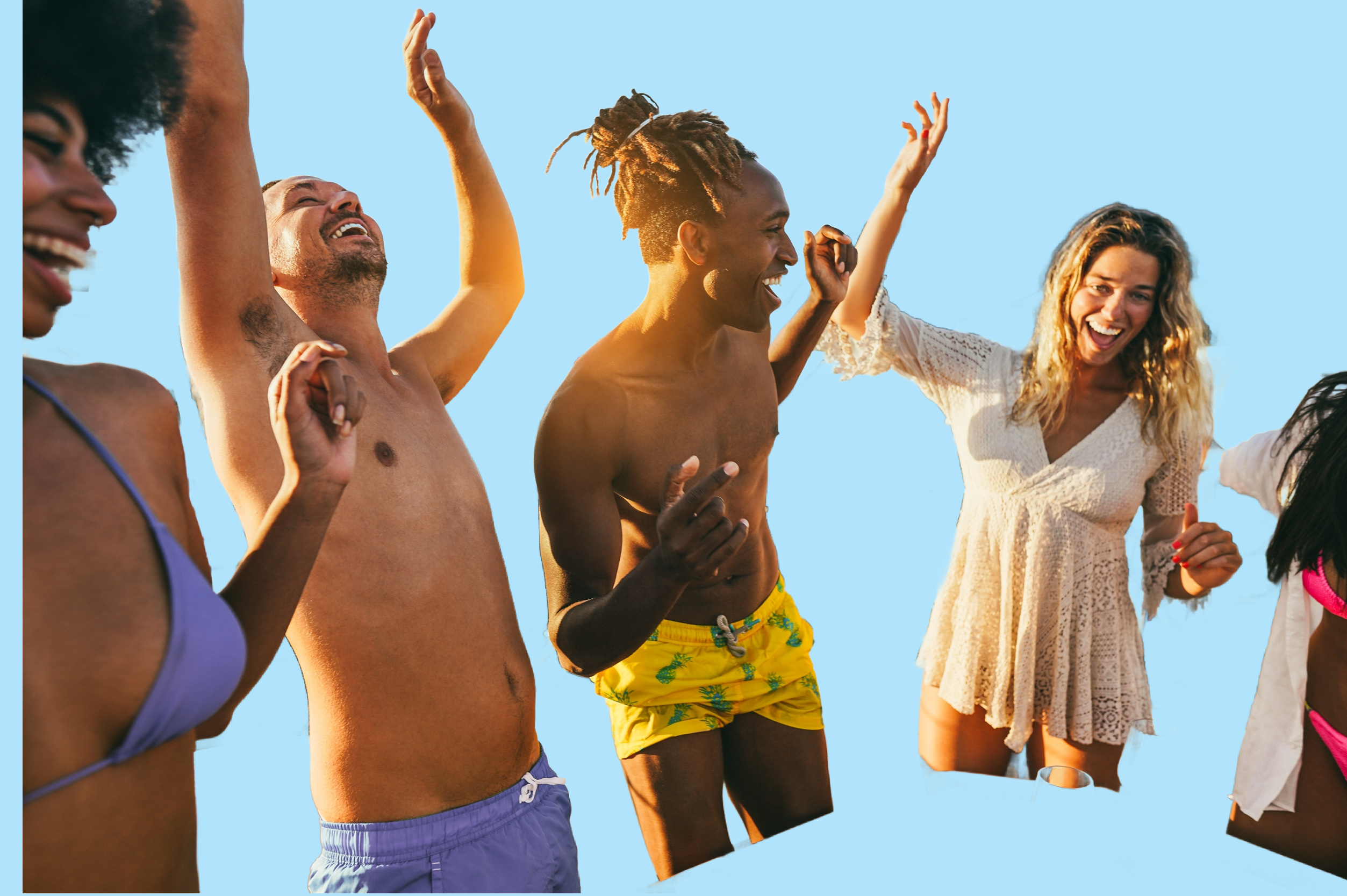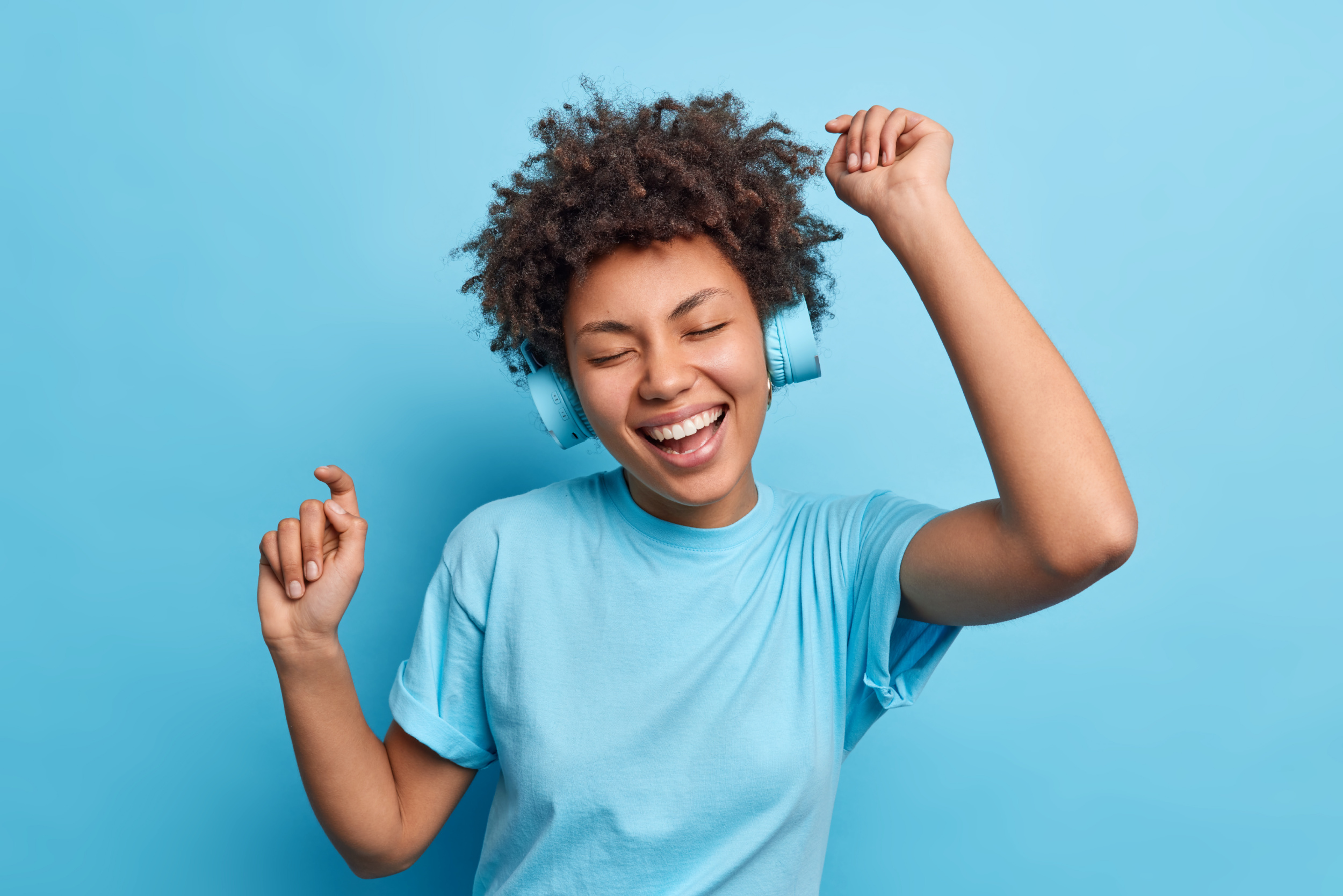What is the Role of Music in Cameroonian Culture and Society ?
The role of music in Cameroonian culture and society ?
Music plays a vital role in the vibrant culture and society of Cameroon, a country located in Central Africa. With its diverse ethnic groups and rich history, Cameroon boasts a wide array of musical styles and traditions that reflect the country's cultural heritage and social dynamics.

Traditional Cameroonian music is deeply rooted in the rhythms and melodies of the various ethnic groups that inhabit the country. Each ethnic group has its own distinct musical traditions, instruments, and dance forms. For example, the Beti people are known for their lively bikutsi music, characterized by rhythmic drumming and call-and-response vocal patterns. The Bamileke people, on the other hand, have a rich tradition of balafon music, a xylophone-like instrument that produces enchanting melodies.
Music in Cameroon serves multiple purposes beyond mere entertainment. It plays a significant role in religious and spiritual practices, community events, and rites of passage. Traditional ceremonies such as weddings, funerals, and initiation rituals are often accompanied by music, which serves to create a sense of unity, express emotions, and connect individuals to their cultural heritage.

In addition to traditional music, Cameroon has also embraced various genres of popular music that have gained popularity both nationally and internationally. One such genre is makossa, a fusion of traditional Cameroonian rhythms with elements of Latin, jazz, and funk music. Makossa emerged in the 1960s and became a symbol of cultural pride and identity for Cameroonians. Artists like Manu Dibango and Petit Pays have played a crucial role in popularizing makossa and bringing Cameroonian music to the global stage.
Role of Music in Cameroonian Culture and Society - Any Popular Genres?
In addition to traditional music, Cameroon has also embraced various genres of popular music that have gained popularity both nationally and internationally. One such genre is makossa, a fusion of traditional Cameroonian rhythms with elements of Latin, jazz, and funk music. Makossa emerged in the 1960s and became a symbol of cultural pride and identity for Cameroonians.
Artists like Manu Dibango and Petit Pays have played a crucial role in popularizing makossa and bringing Cameroonian music to the global stage.
Another popular genre in Cameroon is bikutsi, which originated from the Beti people but has evolved over time to incorporate modern influences. Bikutsi music often addresses social and political issues, and its catchy rhythms and energetic dance moves have made it a favorite at parties and clubs.
What About the Influence of Western Music on Cameroonian Culture and Society?
Furthermore, the influence of Western music, particularly hip-hop and R&B, has also made its mark on Cameroonian music. Many Cameroonian artists have successfully blended Western and traditional elements, creating a unique sound that appeals to both local and international audiences.
Music in Cameroon is not only a form of artistic expression but also a tool for social commentary and activism. Artists often use their songs to address social issues such as poverty, corruption, and human rights abuses, giving voice to the concerns and aspirations of the people. Through their music, Cameroonian artists have the power to inspire change, raise awareness, and promote unity and social cohesion.
In conclusion, music is deeply ingrained in Cameroonian culture and society, serving as a powerful medium for self-expression, cultural preservation, and social engagement. Whether through traditional rhythms and melodies or contemporary genres, music in Cameroon continues to evolve and shape the country's identity, bridging the gap between the past and the present, and connecting people from diverse backgrounds.
Click Here for Further Readings
Click Here to Leave Role of Music in Cameroonian Culture and Society to Our Home Page or to Hottest Cameroon Music or Cameroon Music.